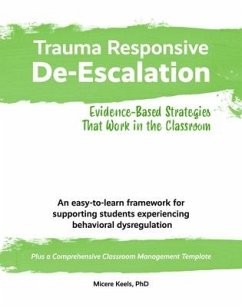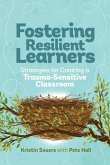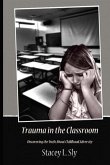Externalizing behaviors in the classroom and their connection to trauma are at the top of most educators' concerns. Children who have experienced trauma may express their distress through acting-out behaviors that can derail instruction and compromise classroom safety. When the underlying cause of acting-out behaviors is trauma, what appears to be intentional disruption of the learning environment may be due to the student feeling a lack of emotional, psychological, or physical safety. Punitive discipline will only make the student feel more anxious and unsafe, intensifying their acting-out behaviors. Learning to utilize trauma responsive de-escalation practices enables educators to understand the underlying causes of acting-out behaviors and consistently provide developmentally supportive responses. This book contains 15 easy-to-follow de-escalation lessons coupled with a comprehensive classroom management planning workbook.
Hinweis: Dieser Artikel kann nur an eine deutsche Lieferadresse ausgeliefert werden.
Hinweis: Dieser Artikel kann nur an eine deutsche Lieferadresse ausgeliefert werden.








